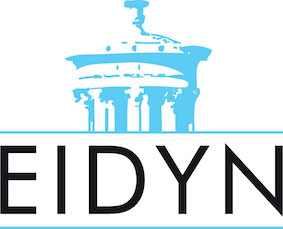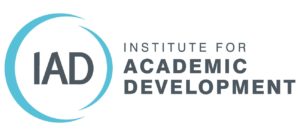Abstracts: Jenny Wu
The Source of Normativity Problem for Developmental-Learning Model of Addiction
As a revolutionized result from the impression that addicts are sinful and immoral, addiction is widely conceived as a brain disease within contemporary psychiatrical researches and practice. Yet, this model faces a variety of challenges recently because of both its alleged ethical defects and purported explanatory gaps. One famous example comes from Marc Lewis. In his ‘Addiction and the Brain: Development, Not Disease’ (2017), Lewis proposes an alternative model in which addiction is viewed as a choice rather than of a pathological nature, namely, the developmental-learning model of addiction. In the paper, I illustrate and solve what I call the source of normativity problem for the developmental-learning model of addiction.
It is noteworthy that proponents of three models and the general public all agree that addiction is destructive and should be changed at some point. It seems proponents of the moral flaw model and disease model can easily accommodate these intuitive judgments by characterizing the nature of addiction as unethical and pathological respectively, without much further explanation needed. In contrast, it seems that Lewis’s developmental learning model cannot provide a straightforward explanation for these negative judgments about addiction as easily — if addiction is indeed a matter of learning or personal development, how can it be a bad thing and why would addicts be better off to terminate drug use? My paper aims to provide an answer to this question. I argue that under Lewis’s framework, addiction should be viewed as an instance of cognitive niche construction. Therefore, we should judge the drug use in terms of whether it is a good or rational coping mechanism for the occasion. Accordingly, the normativity of the model arises from egocentric instrumental rationality, as opposed to any external moral or societal norms.









Comments are closed
Comments to this thread have been closed by the post author or by an administrator.